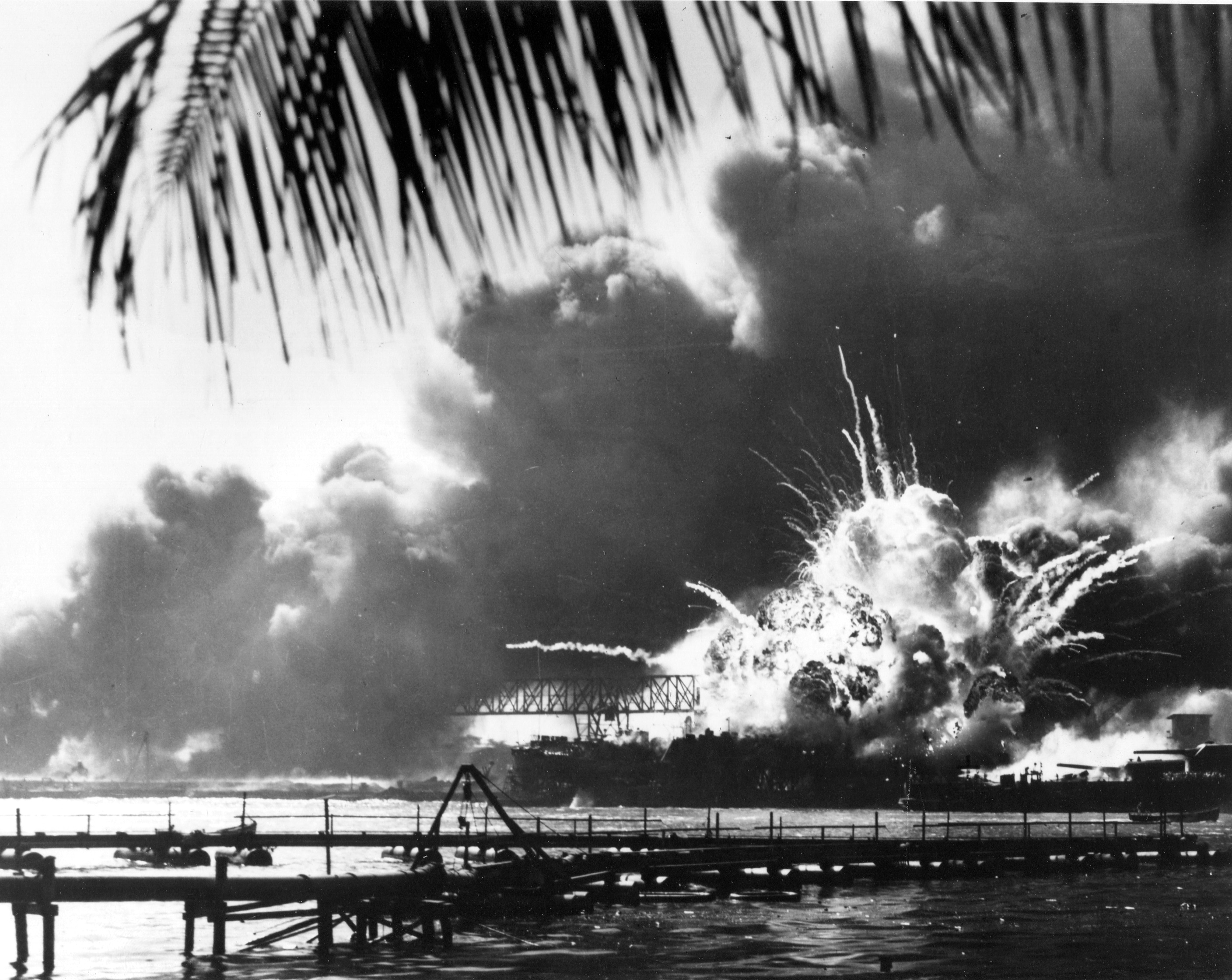Pearl Harbor: A Critical Examination of the Infamous Attack and Its Enduring Legacy
Introduction
The attack on Pearl Harbor on December 7, 1941, stands as a pivotal moment in global history. This audacious military strike by Imperial Japan plunged the United States into World War II and irrevocably altered the course of the 20th century. This trending news critically examines the complexities of Pearl Harbor, analyzing its historical background, examining the facts and casualties associated with the attack, and exploring the various perspectives and ongoing debates surrounding this infamous event.
Historical Context
The roots of the attack on Pearl Harbor lie in the escalating tensions between Japan and the United States. Japan's expansionist ambitions in East Asia had brought it into conflict with American economic and political interests. The United States, concerned about Japan's growing military power, had imposed economic sanctions and military embargoes on the country. These measures had severely strained relations between the two nations.
The Attack
On the morning of December 7, 1941, a surprise attack by the Imperial Japanese Navy targeted the American naval base at Pearl Harbor in Honolulu, Hawaii. Two waves of Japanese aircraft, consisting of bombers, torpedo planes, and fighters, struck the base. The attack lasted approximately two hours and caused devastating damage.
Casualties and Consequences
The attack on Pearl Harbor resulted in the deaths of 2,403 Americans and the destruction or damage of 19 U.S. Navy ships, including eight battleships. The attack also destroyed 188 aircraft and severely damaged the base's infrastructure. The attack stunned the American public and led to the country's immediate entry into World War II.
Perspectives and Debates
The attack on Pearl Harbor remains a subject of extensive debate and historical scrutiny. Different perspectives on the event include:
- American Perspective: Emphasizes the surprise and treachery of the Japanese attack and portrays it as a catalyst for American unity and resolve.
- Japanese Perspective: Argues that the attack was a strategic necessity in response to U.S. economic sanctions and embargoes, which were seen as strangling Japan's economy.
- Revisionist Perspective: Questions the extent of the surprise on the American side, suggesting that the U.S. government may have had prior knowledge of the attack.
Historical Significance and Legacy
The attack on Pearl Harbor has had a profound and enduring impact on global history:
- World War II: The attack led to the United States' entry into World War II, which became the largest and deadliest conflict in human history.
- U.S. National Security: The attack prompted a massive expansion of the U.S. military and the creation of the Department of Homeland Security to prevent future attacks.
- Japan's Defeat: The attack ultimately led to Japan's defeat in World War II and the end of its imperial ambitions.
- Nuclear Age: The attack on Pearl Harbor indirectly contributed to the development of the atomic bomb by the United States, which ended the war in the Pacific.
Conclusion
The attack on Pearl Harbor remains a complex and controversial historical event. It was a tragedy that claimed thousands of lives and plunged the world into a devastating war. The event's historical significance and its enduring legacy continue to be debated and examined by historians, scholars, and the general public. By critically analyzing the complexities of Pearl Harbor, we gain a deeper understanding of its causes, consequences, and the ongoing debates surrounding it.
Reflection: The attack on Pearl Harbor serves as a sobering reminder of the fragility of peace and the devastating consequences of conflict. It highlights the importance of international cooperation, diplomacy, and vigilance in preventing future tragedies.
Read also:
Pistons Outlast Hornets In Thrilling 98-94 Victory (January 3rd, 2025)
University Of Vermont Men's Soccer Recruiting Questionnaire
Iowa State At Iowa Women's Basketball Glance

